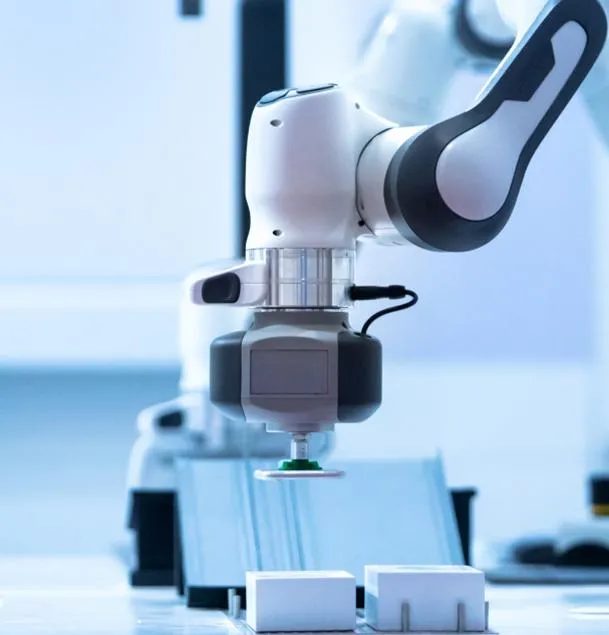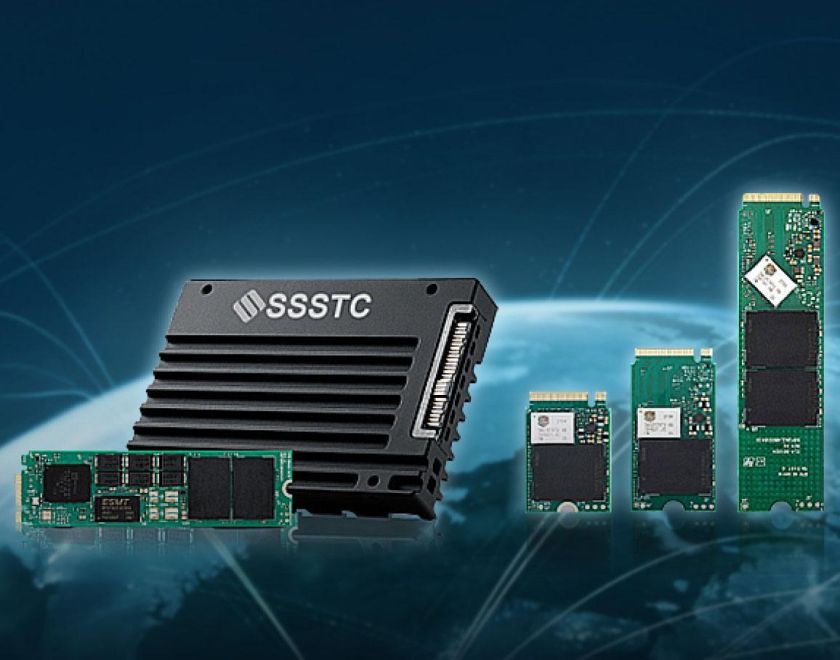SSD Form Factor Trends: M.2 vs. EDSFF Hot-Swap
Between the widely adopted M.2 and the emerging Enterprise and Datacenter Standard Form Factor (EDSFF), how do businesses determine the best fit for their specific needs?
SSD Operating Temperature:Standard, Extended, and Industrial Wide Temp
When selecting an SSD, Temperature is key factor affecting reliability and performance. Different applications require different temperature ranges, leading to distinctions in enterprise, industrial, and consumer-grade SSD designs.
The Difference Between Enterprise SSD and Industrial SSD
Enterprise SSDs and Industrial SSDs each possess specialized features and application areas. When selecting SSDs, business users must weigh their actual needs and budgets.
End-to-End Data Protection for SSDs
End-to-End Data Protection (E2E) emerges as an advanced technology that ensures data integrity and security during transmission and storage.
SSD Latency and Quality of Service (QoS)
Latency and Quality of Service (QoS) have emerged as critical metrics for evaluating storage longevity and system reliability.
SSD Types: Read Intensive, Write Intensive and Mixed Use SSDs
SSDs can be categorized into three main types: Read Intensive, Write Intensive, and Mixed Use.
EDSFF (Enterprise and Datacenter Standard Form Factor)E1/ E3-New SSD Form Factors
EDSFF is gradually emerging as the future trend for SSD form factors. Designed to address the incompatibility of traditional SSD form factors with existing data center interfaces, EDSFF offers enhanced performance and flexibility.
PCIe 4.0 vs PCIe 5.0 SSD: Which Is Right for You? An In-depth Comparison to Help You Find the Best Choice
PCIe® Gen4 and PCIe® Gen5 SSDs each have different market positioning and application advantages.


__24C05D67dI.webp)
__24C15hqqtC.png)
__24C15wOdCC.png)









__24C05XQ2my.jpg)







__24C05fplcZ.png)
__24C05vgHYC.png)



